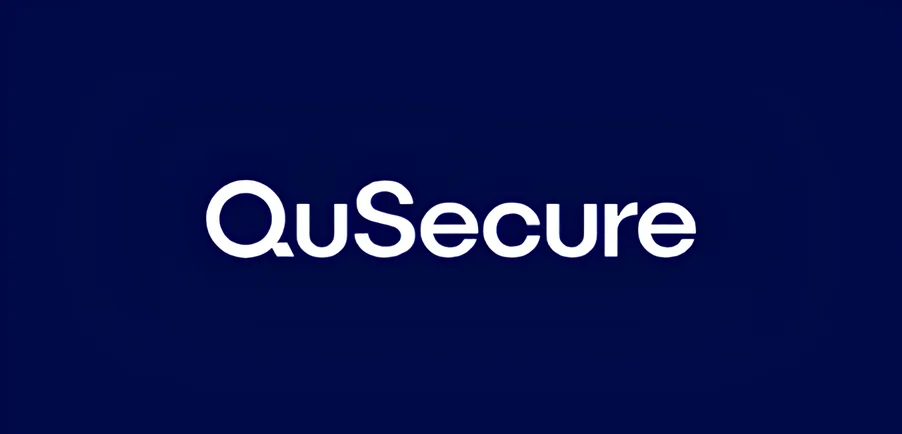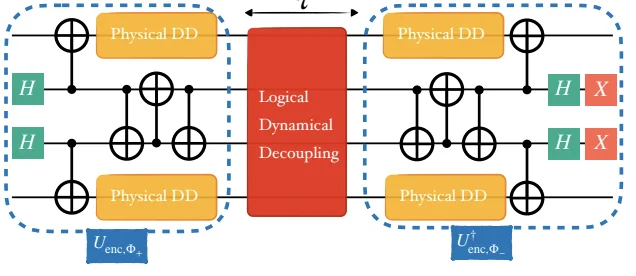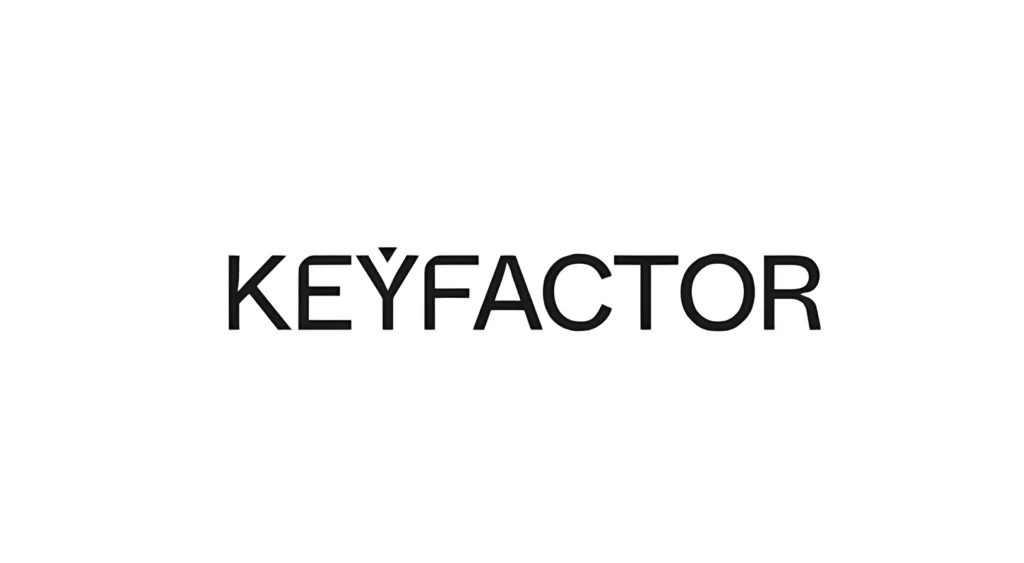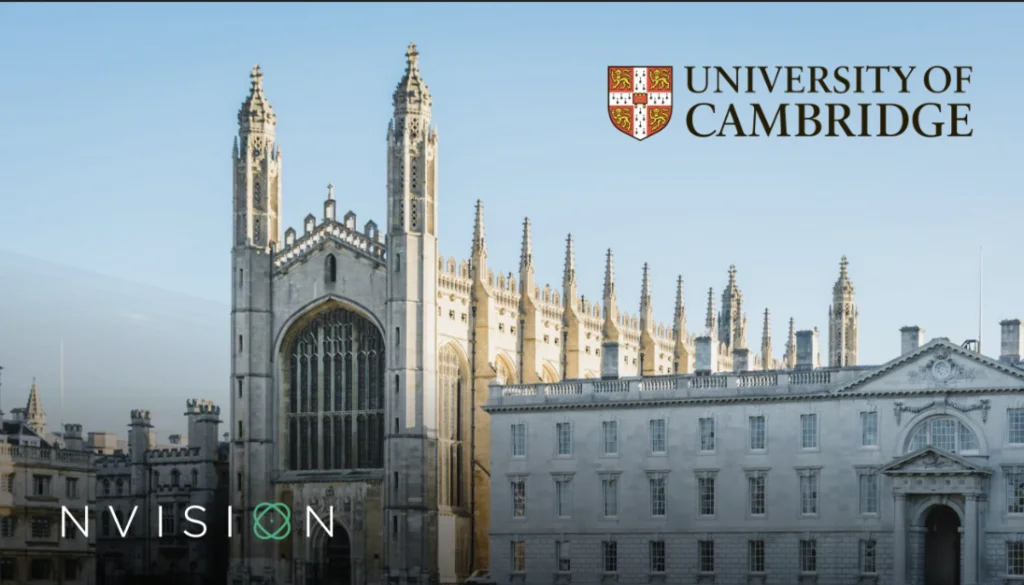Insider Brief
- Bill Gates believes practical quantum computing could arrive in the next three to five years, challenging longer timelines suggested by others.
- Microsoft is working on a powerful quantum machine, set to be released later in 2025, with Gates expressing confidence in its progress.
- Nvidia’s Jensen Huang has suggested that quantum computing may take 15 to 30 years to become widely useful, sparking debate in the tech community.
Bill Gates, co-founder and former CEO of Microsoft, believes that quantum computing, a technology that could revolutionize industries from medicine to materials science, may be closer than some experts think. In a recent interview on Yahoo Finance’s Opening Bid podcast, Gates suggested that useful quantum computers could arrive in as little as three to five years.
“There is the possibility that he [Nvidia founder and CEO Jensen Huang] could be wrong. There is the possibility in the next three to five years that one of these techniques would get enough true logical Qubits to solve some very tough problems. And Microsoft is a competitor in that space,” Gates said on the podcast.
The race to build the first truly practical quantum computer has drawn significant attention from tech giants like Microsoft and Google, as well as from specialized companies like Nvidia. Gates, who co-founded Microsoft, believes that progress is accelerating, even if the timeline remains uncertain.

Quantum computing, in simple terms, uses the principles of quantum mechanics to perform calculations far faster than today’s classical computers. The key component, qubits (quantum bits), differ from regular bits in that they can can exist in a probabilistic state between 0 and 1, offering vast computational power. Practical quantum computing would be the use of a quantum machine to successfully complete calculations in a time that classical computers and supercomputers could not match.
An Insider’s Take?
Gates arguably may have more of an insider track on the world of quantum computing than even Huang. He regularly reviews Microsoft’s quantum computing efforts and can see the progress. He also acknowledges the challenges ahead.
Microsoft announced in November 2024 that it was co-designing a machine it called “the world’s most powerful quantum computer,” which is expected to be released later this year.
Gates expressed confidence in the company’s progress but recognized that others, like Nvidia’s Huang, may have a more cautious view on when the technology will truly become useful.
“And I regularly review that work [at Microsoft]. And I’m quite impressed with it, but Jensen is correct, it could take longer. This is both in terms of how you build a quantum computer and what software you write that can solve problems that other computers couldn’t write. There’s some hard work to be done, and Microsoft has been in this field a long time, as well as Google and many, many, many players,” Gates said.
In January 2025, Huang stirred debate when he spoke at the Consumer Electronics Show (CES) about his expectations for quantum computing. He said, “If you said 15 years for very useful quantum computers, that would probably be on the early side. If you said 30, it’s probably on the late side. But if you picked 20, I think a whole bunch of us would believe it.”
Gates and Huang’s contrasting views highlight the ongoing uncertainty — along with the vast spectrum between optimism at the recent progress and cynicism of the future challenges — in the quantum computing field. While some believe that practical quantum computers are still a decade or more away, others, like Gates, are more optimistic about shorter timeframes.














